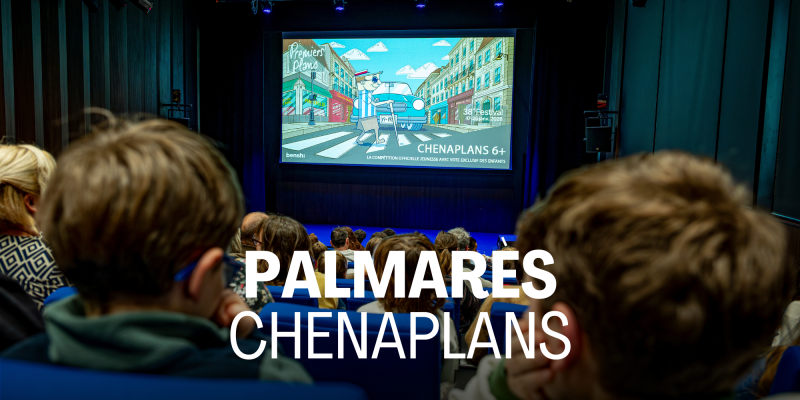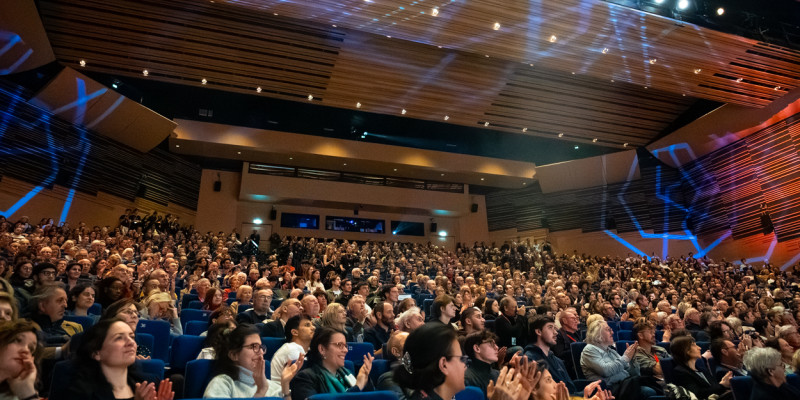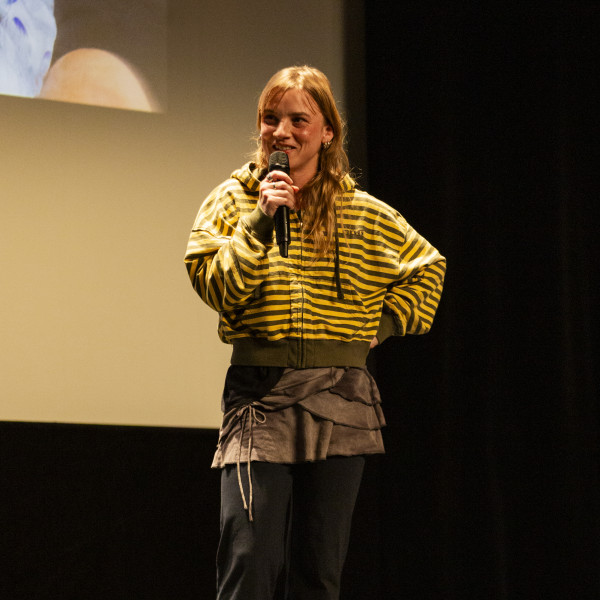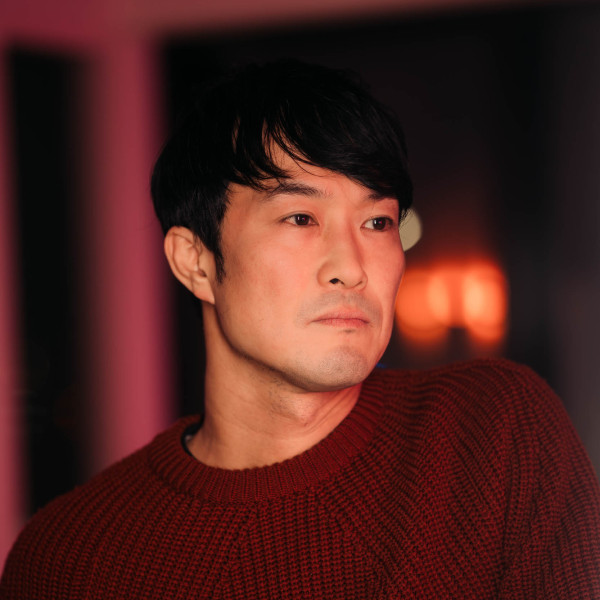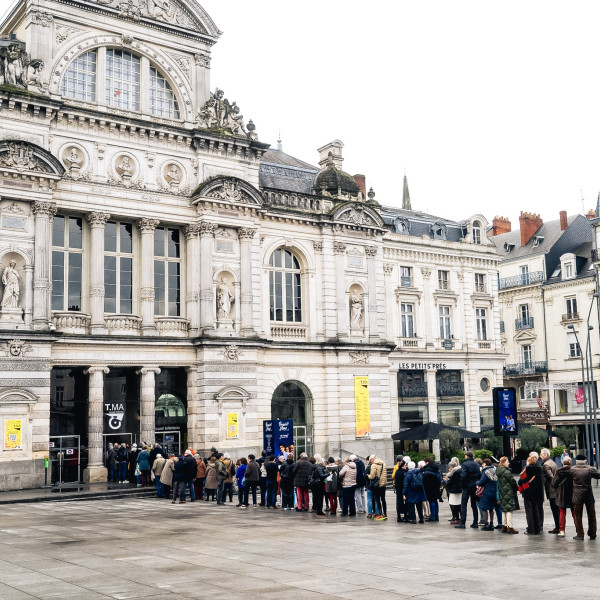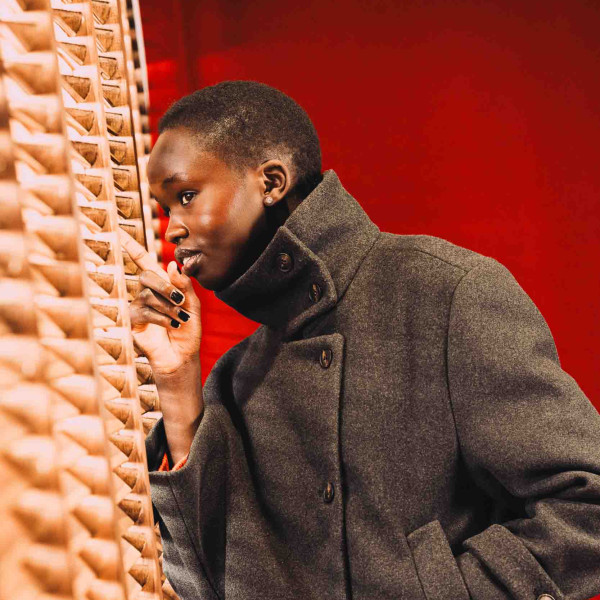News
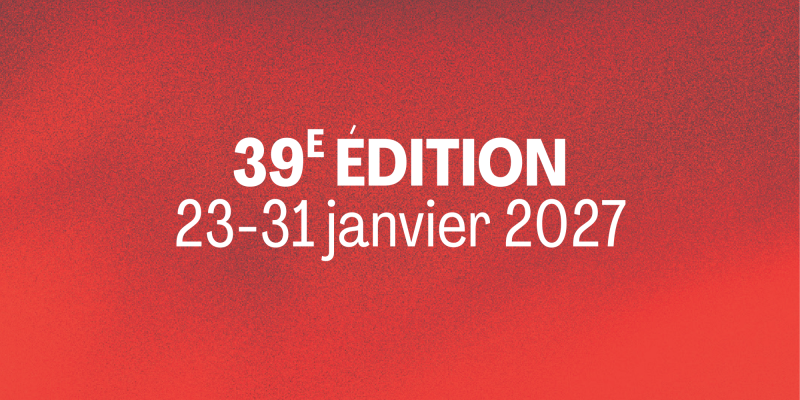
39th edition of the Festival
The next edition of the Festival will take place from Saturday, January 23 to Sunday, January 31, 2027!
The call for applications for the official selection will open in June and run until the end of September, and for the Ateliers d'Angers, from July to mid-September.

Award List
Check out the award list of the 38th Festival!

Lost property
Items found during the Festival in the various venues are available for two months at the Congress Centre reception desk (+33 2 41 96 32 32).
If they have not been claimed by then, they will be distributed to charitable organisations.
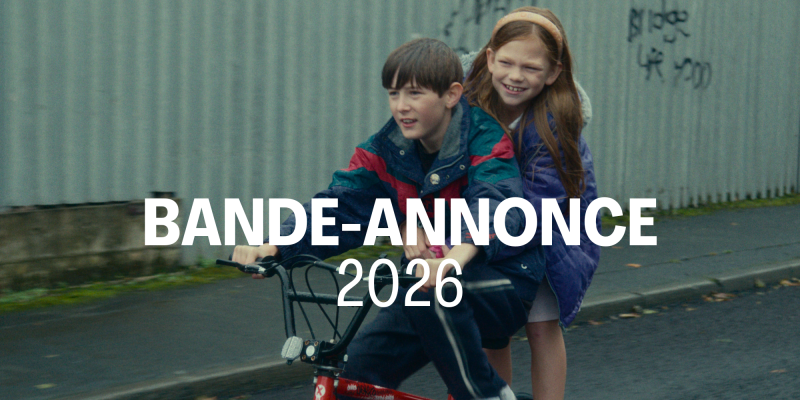
2026 Trailer
Discover the trailer for the 38th edition of the Festival!
Become an individual patron
Do you share the values of Premiers Plans and want to support the Festival? Become a sponsor and find out more! (in french)
Programming
Loading...

